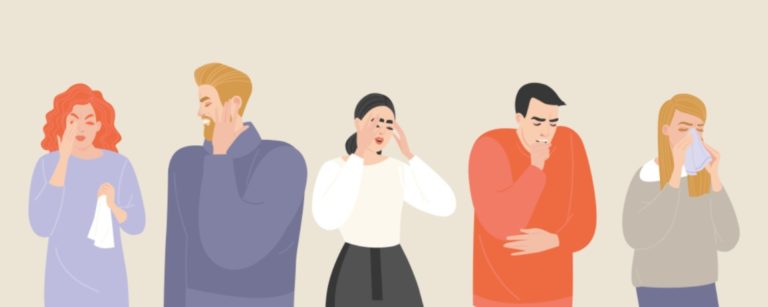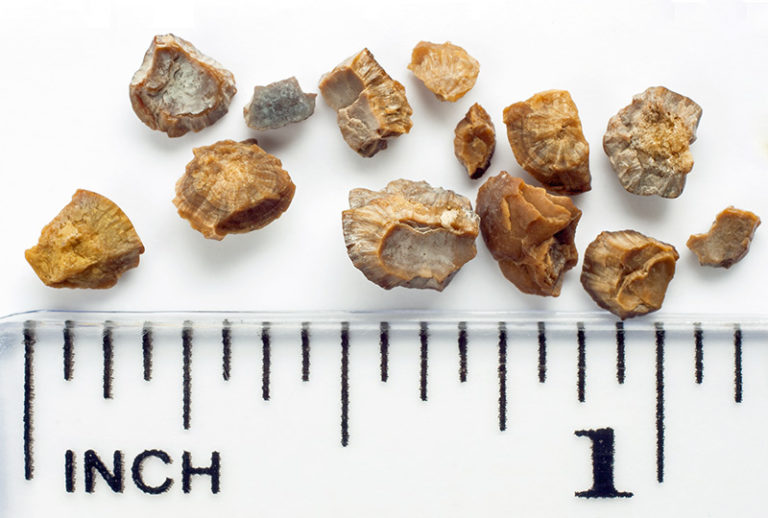
A backache that won’t quit may not just be from shoveling, lifting too-heavy weights, or wearing too-high heels. These telltale signs suggest it could be osteoarthritis, or arthritis of the spine:
You wake up to pain
If your back hurts when you first get out of the bed in the morning, the pain may caused by the inflammation characteristic of arthritis. “When there’s inflammation, it’s not the arthritic changes that bother you, it’s the nerve,” says Mark Mickhael, MD, of the Illinois Bone & Joint Institute.
Pain can also be caused by a herniated disc, as it pushes out and hits the nerves in your spinal cord. Herniated discs are common with degenerative disc disease, which often accompanies osteoarthritis, or arthritis of the spine.
Look out for back pain that lasts for roughly 30 minutes in the morning and then goes away. “With arthritis, the pain tends to get better during the day, but then in the evening it feels a little worse,” says Prakash Jayabalan, MD, of the Rehabilitation Institute of Chicago. Evening pain may not be from arthritis, however, but rather from the stress of daily activities such as sitting at work.
Other body parts hurt, too
When arthritis of the spine advances, wear and tear on the vertebrae can cause a pinching or compressing of the spinal cord and nerves. Since the nerves running down your back connect to different areas of your body, you could end up feeling pain, numbness, tingling, or weakness in your hips, butt, legs, and feet. “Those nerves go down the muscles of your legs, so that can cause weakness,” Dr. Jayabalan adds.
Your spine feels extra stiff
“Even if you’re not in pain, you may feel stiff in the morning,” Dr. Jayabalan says. In most cases, this stiffness will wear off as you start walking around, but the pain may return at night as the joints are stressed from the day. Bending over and arching your back may be particularly painful, and the pain can migrate—one day affecting a shoulder and the next day affecting your neck, and so on.
The pain keeps getting worse
Everyone experiences pain differently, and there’s no right or wrong time to see a doctor. “Some patients come in because of a very new pain,” Dr. Jayabalan says, “and others come after months or even years of suffering a twinge here and a twinge there.” Dr. Mikhael recommends seeing a doctor if the pain comes and goes for more than four to six weeks.
Most pulled muscles and other minor injuries heal over that period of time, so if the pain persists and especially if it gets worse, schedule an appointment.
























